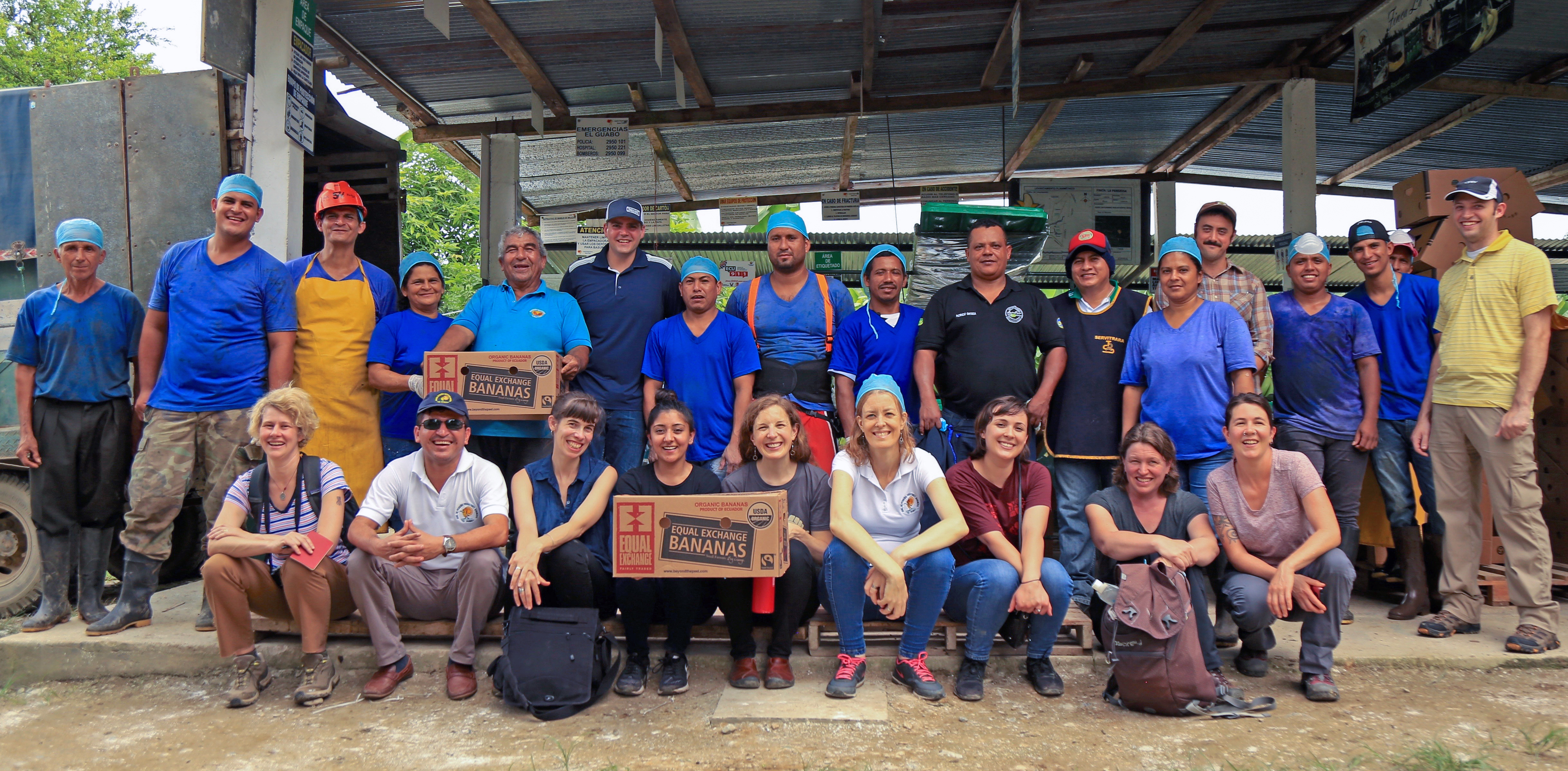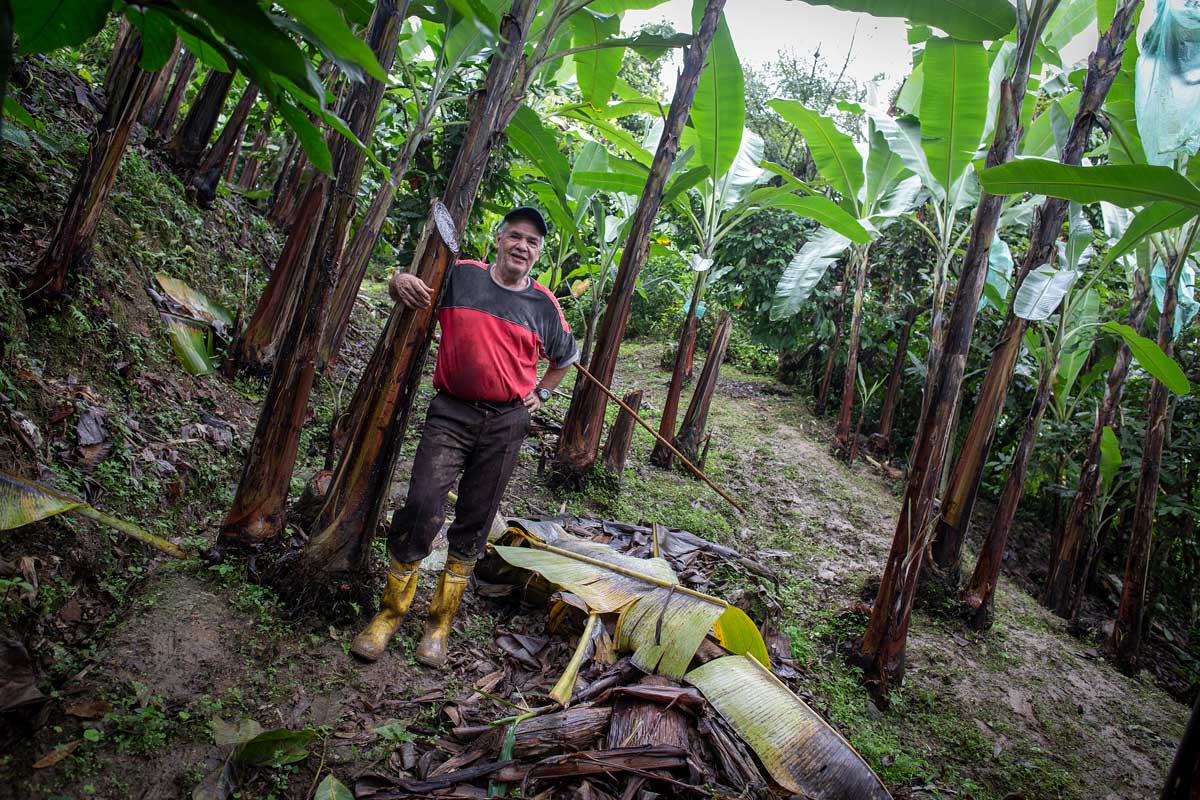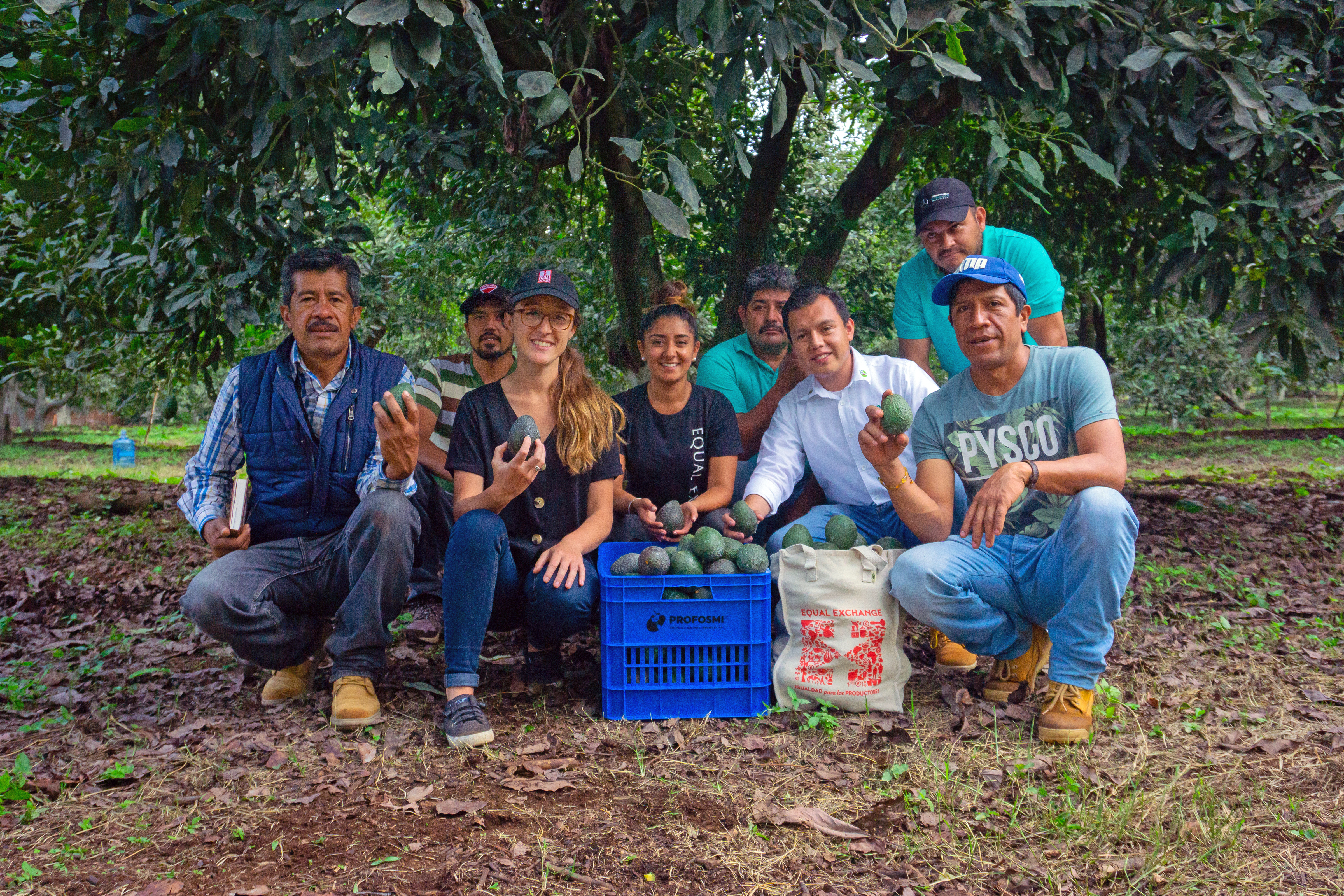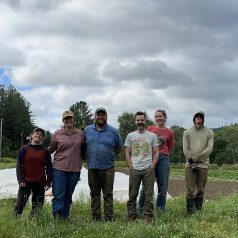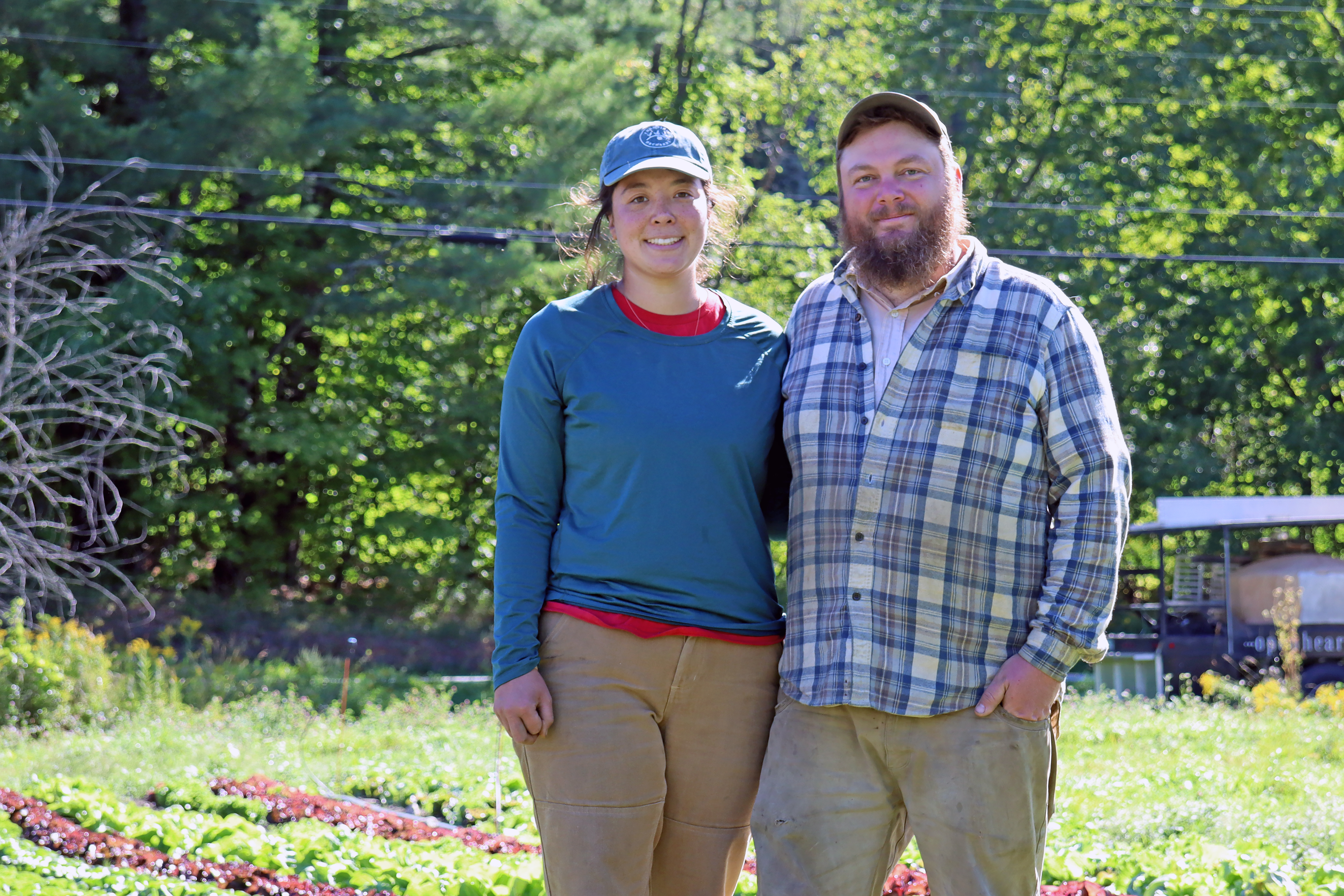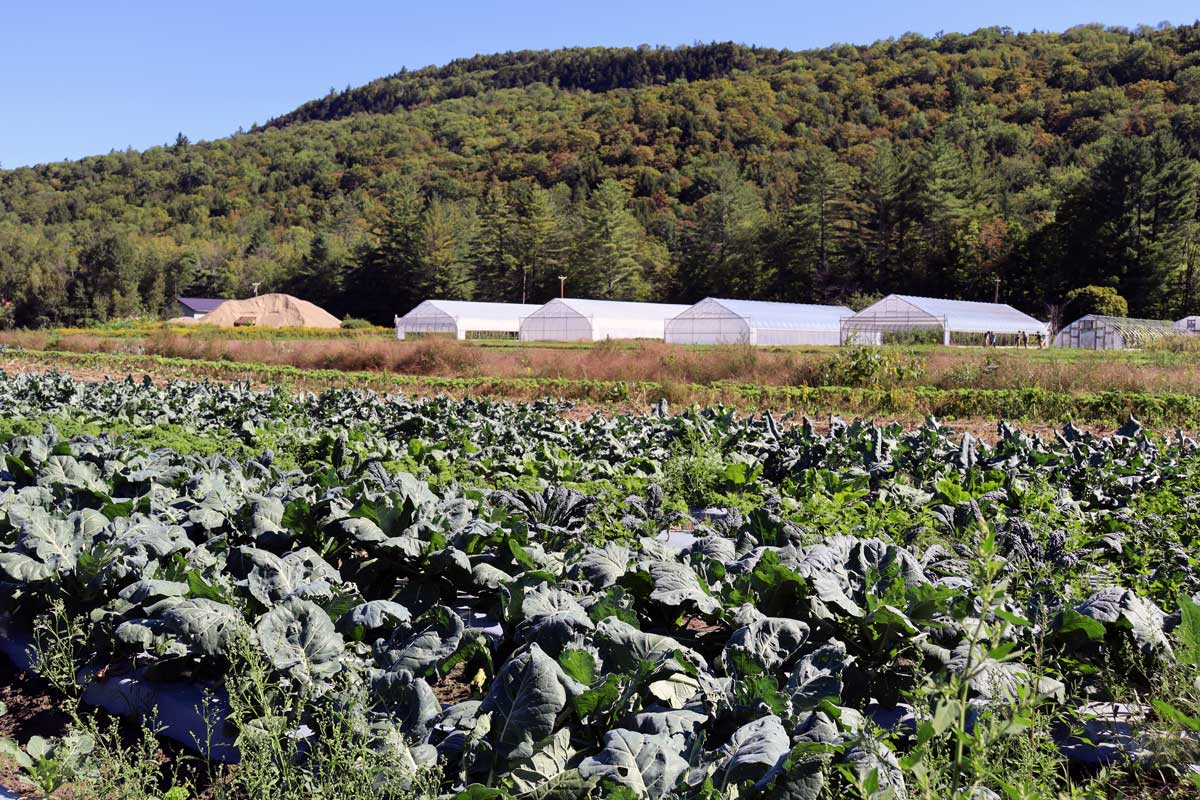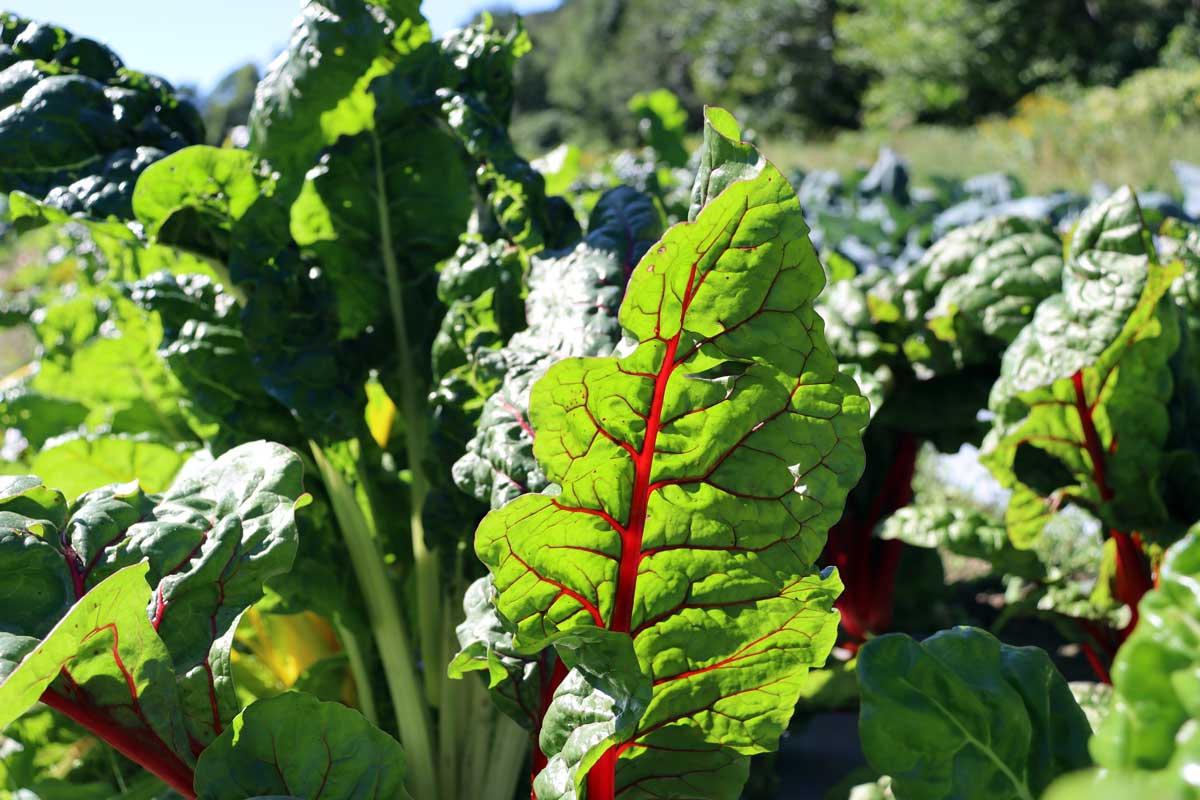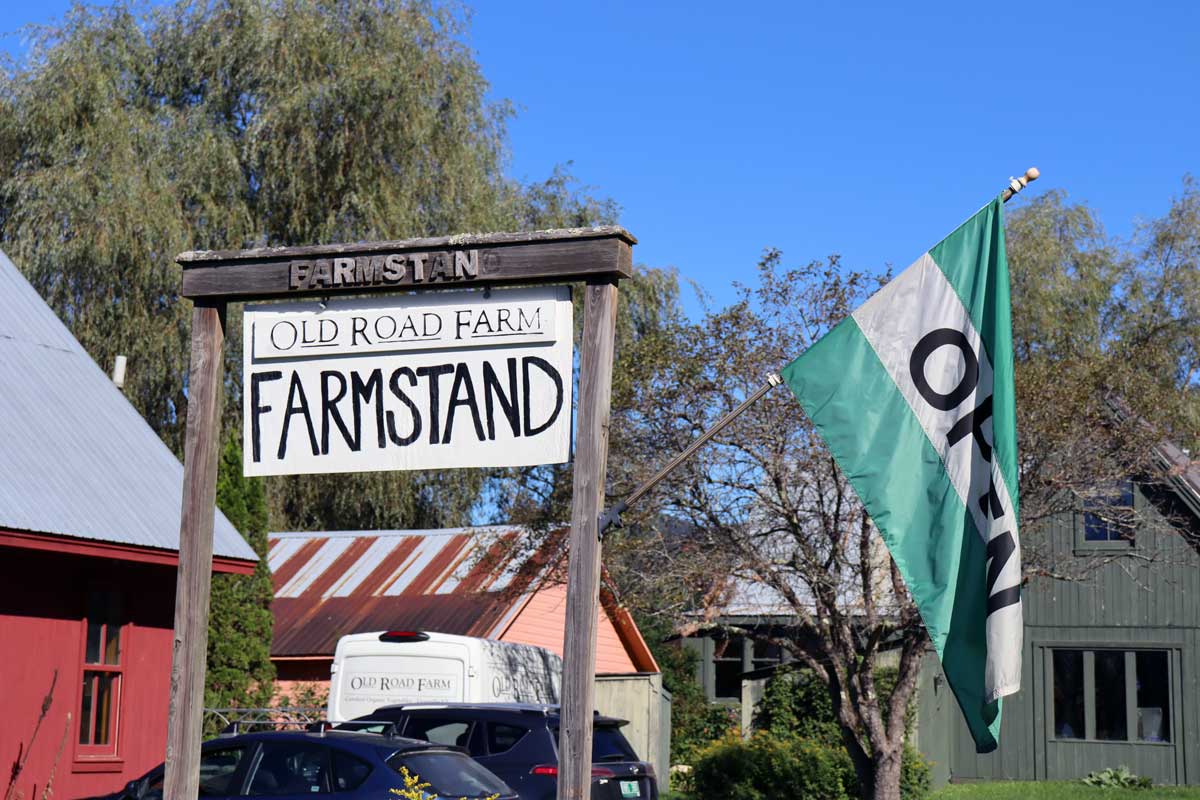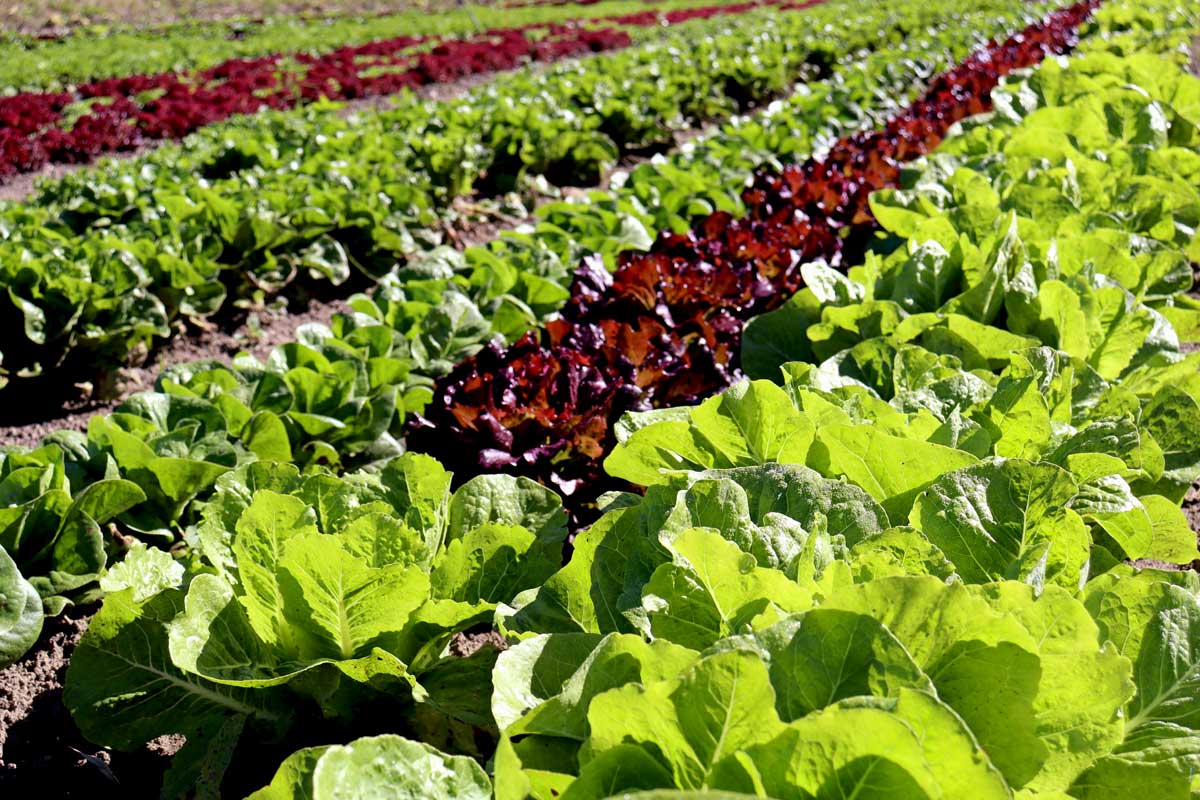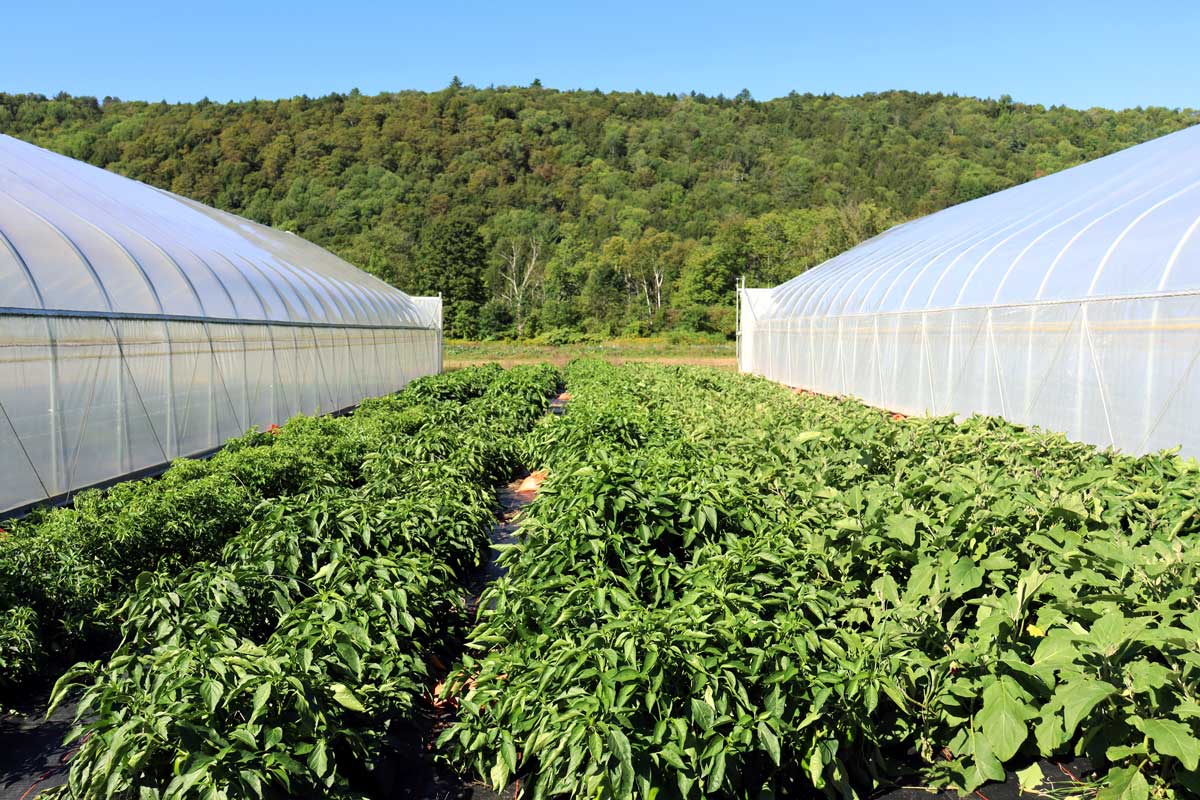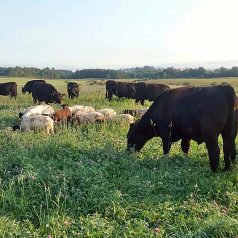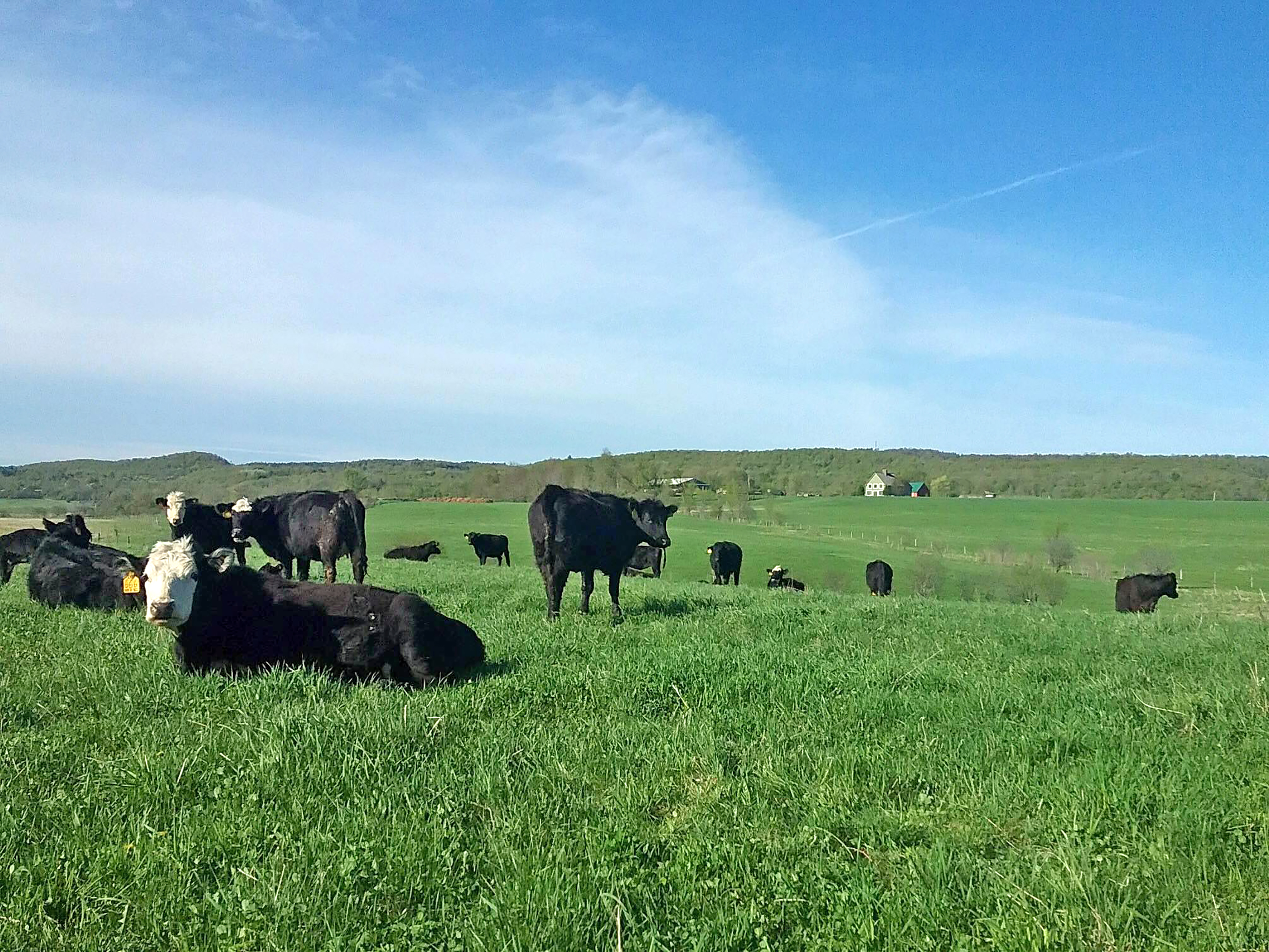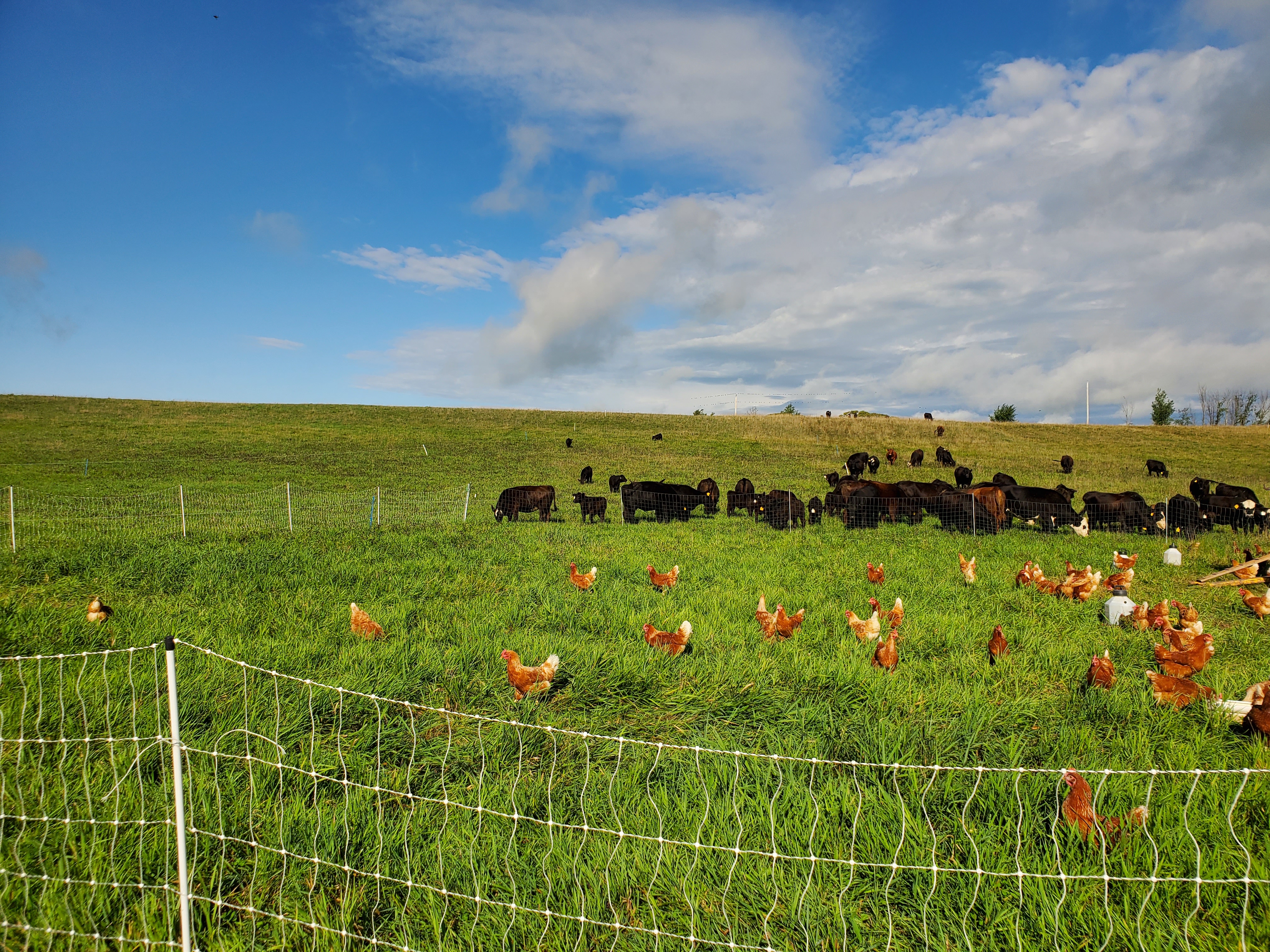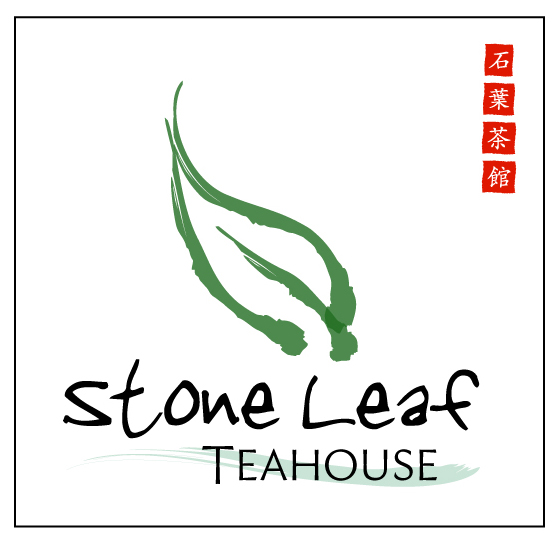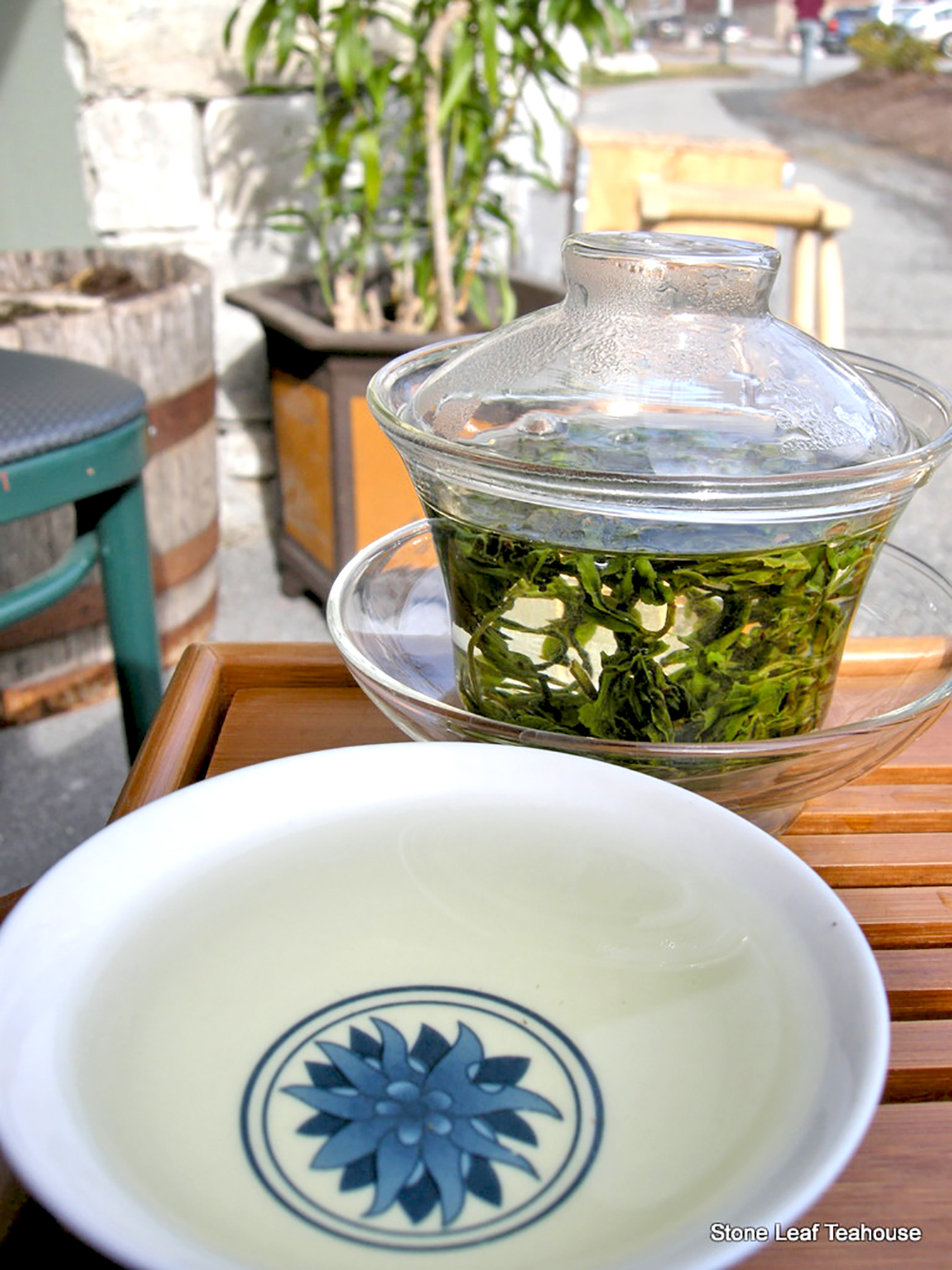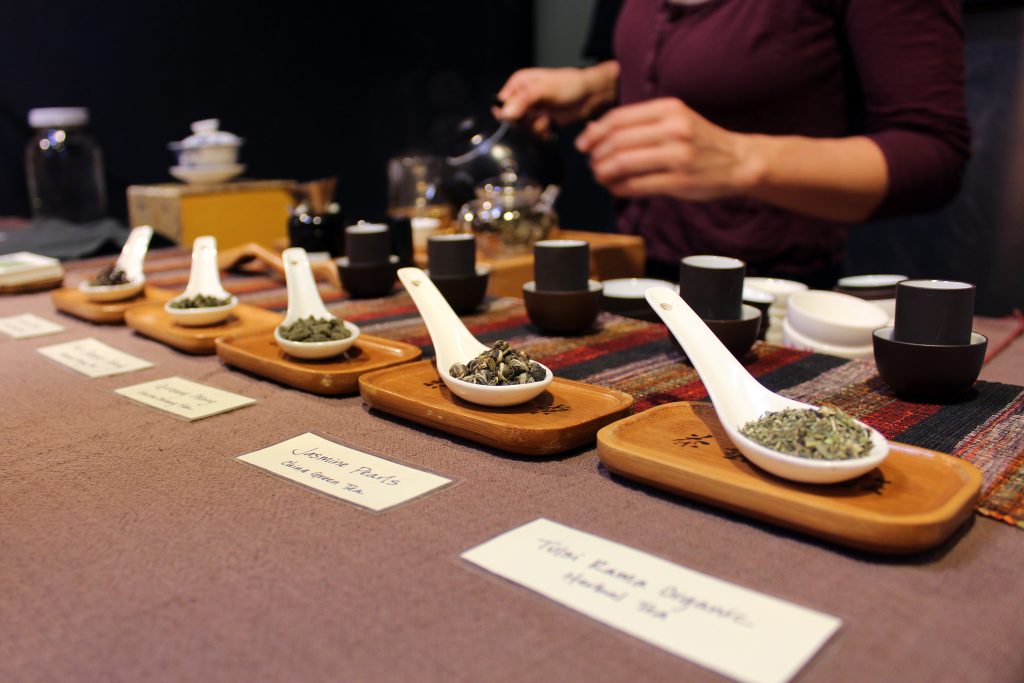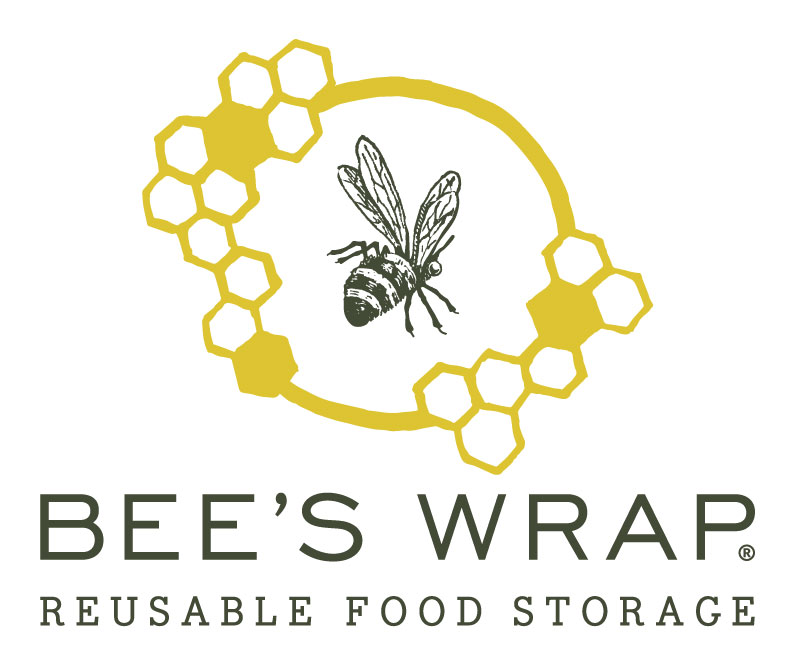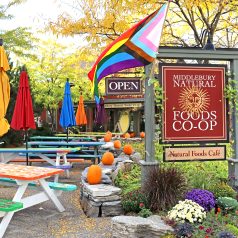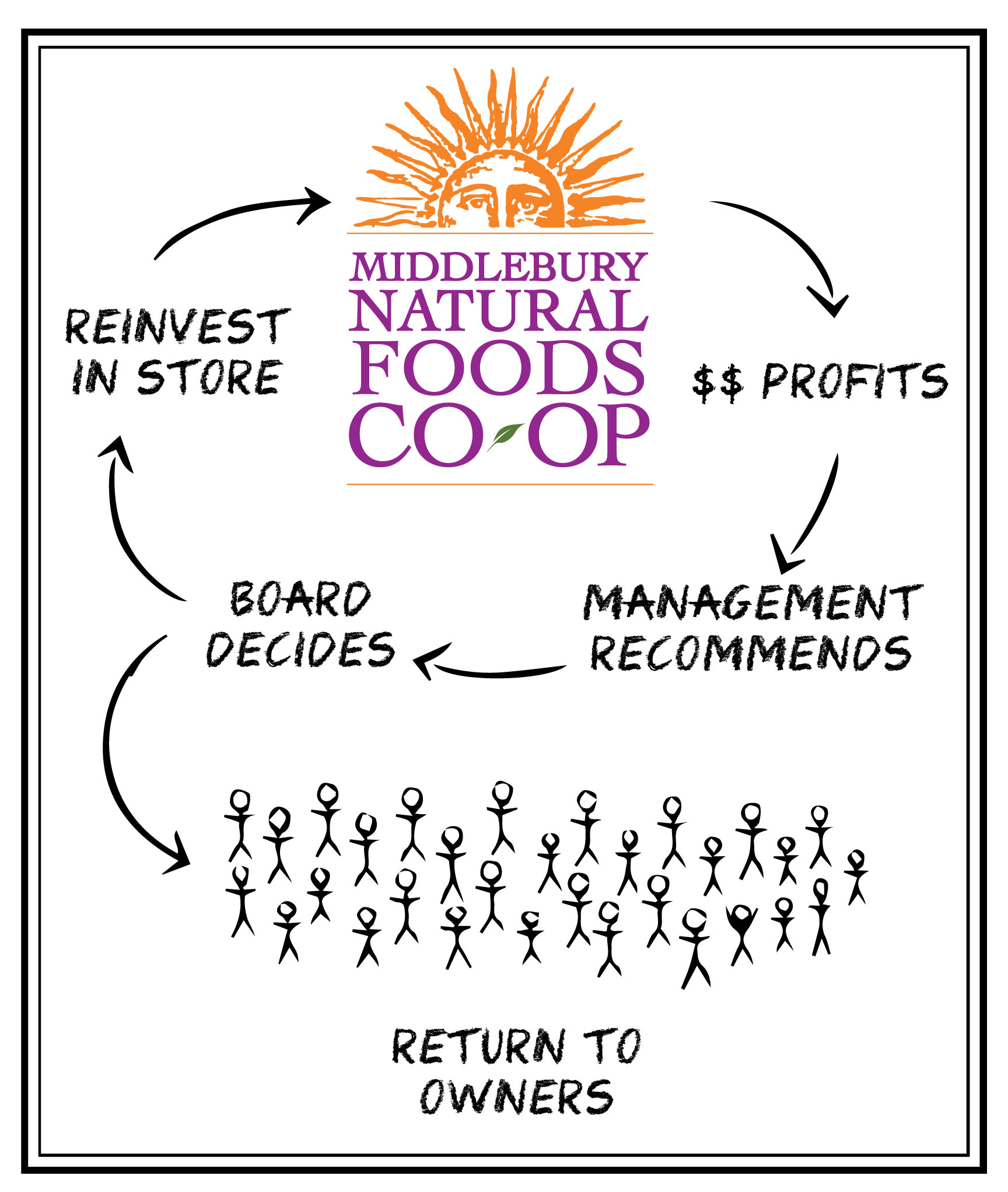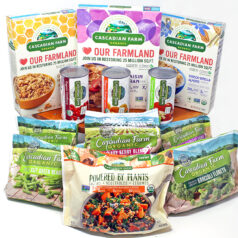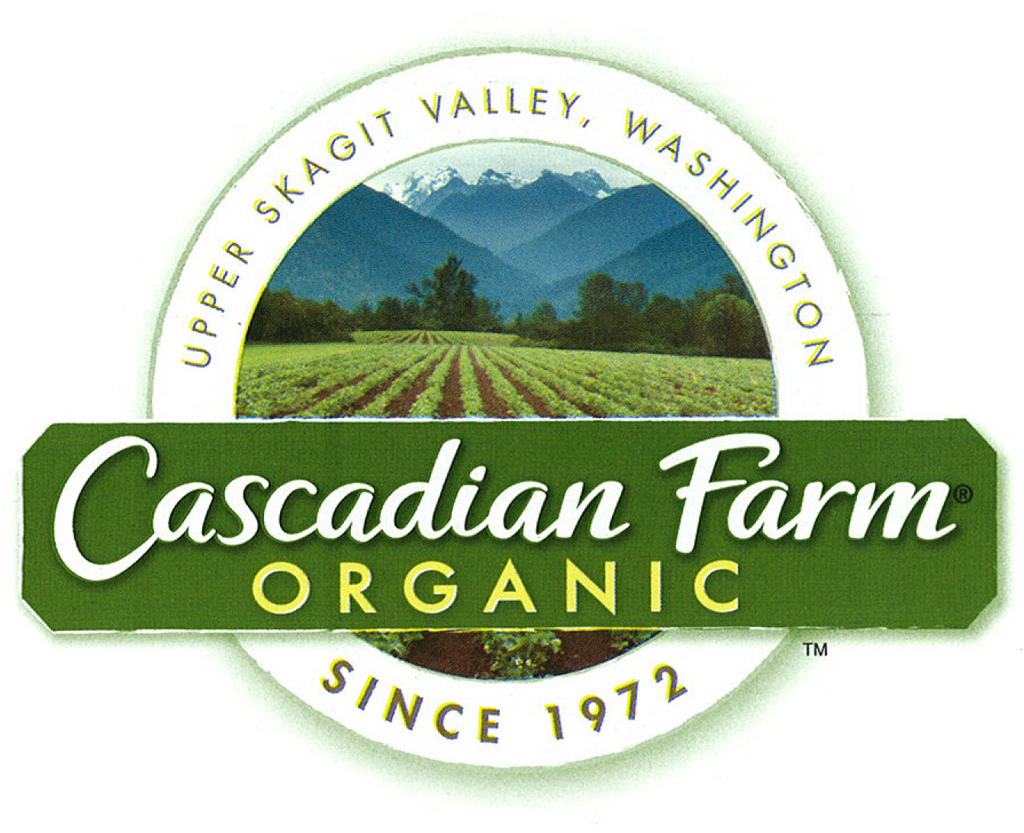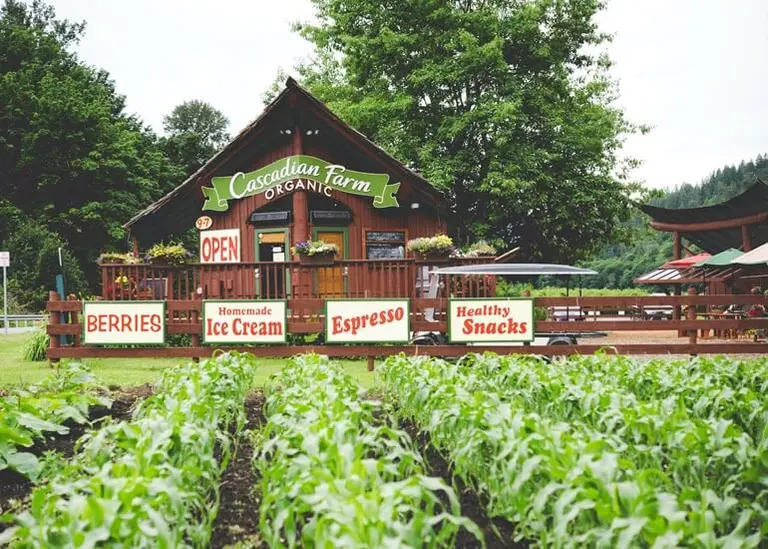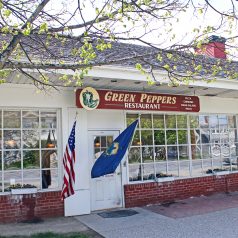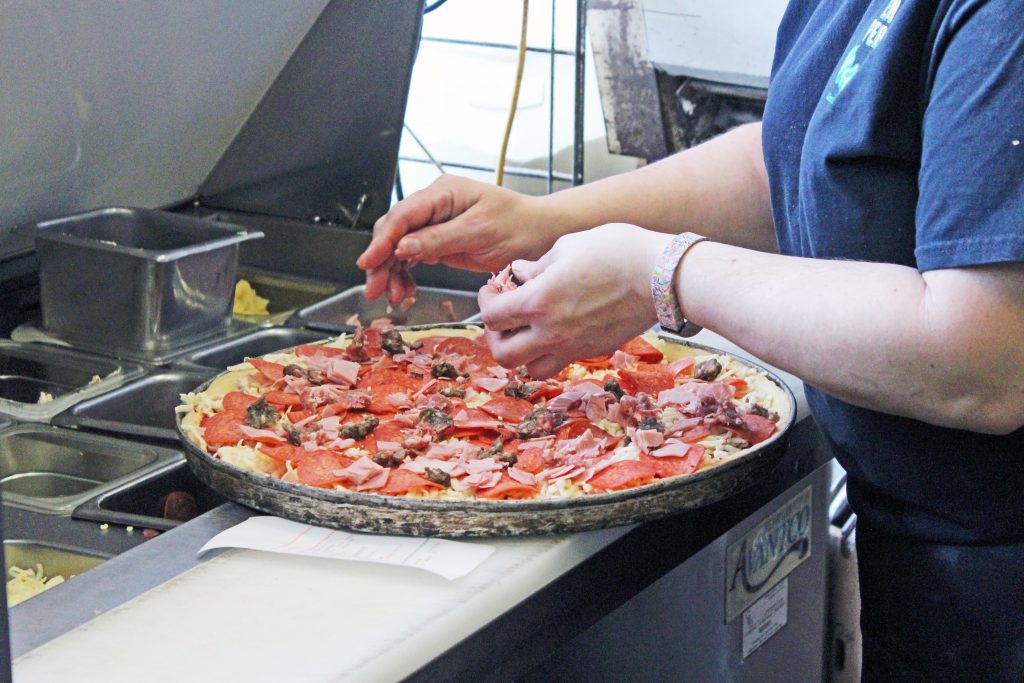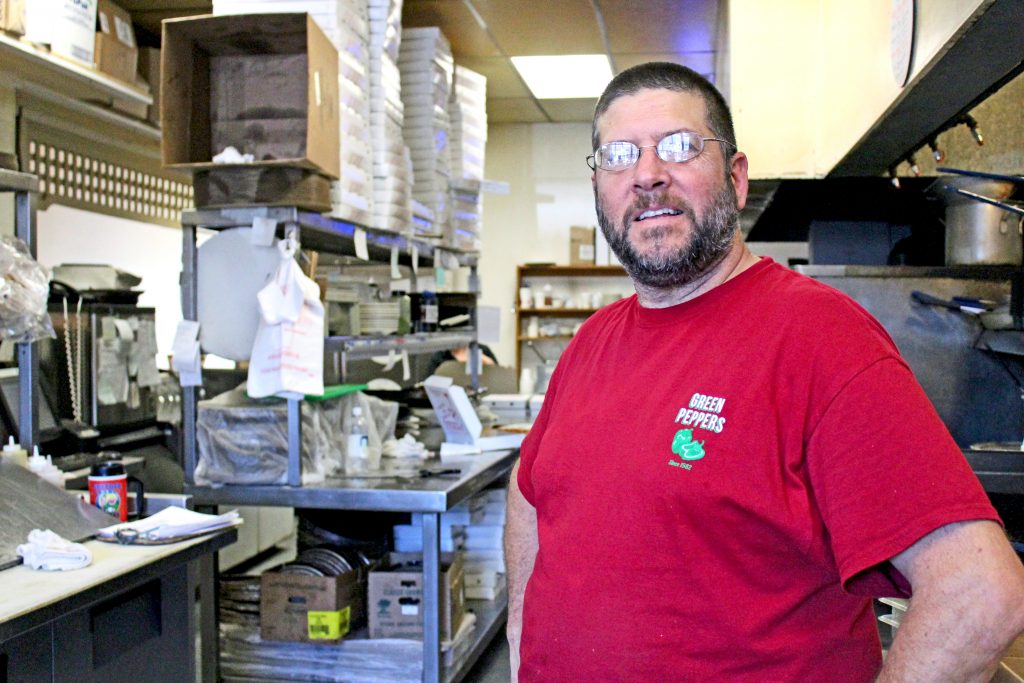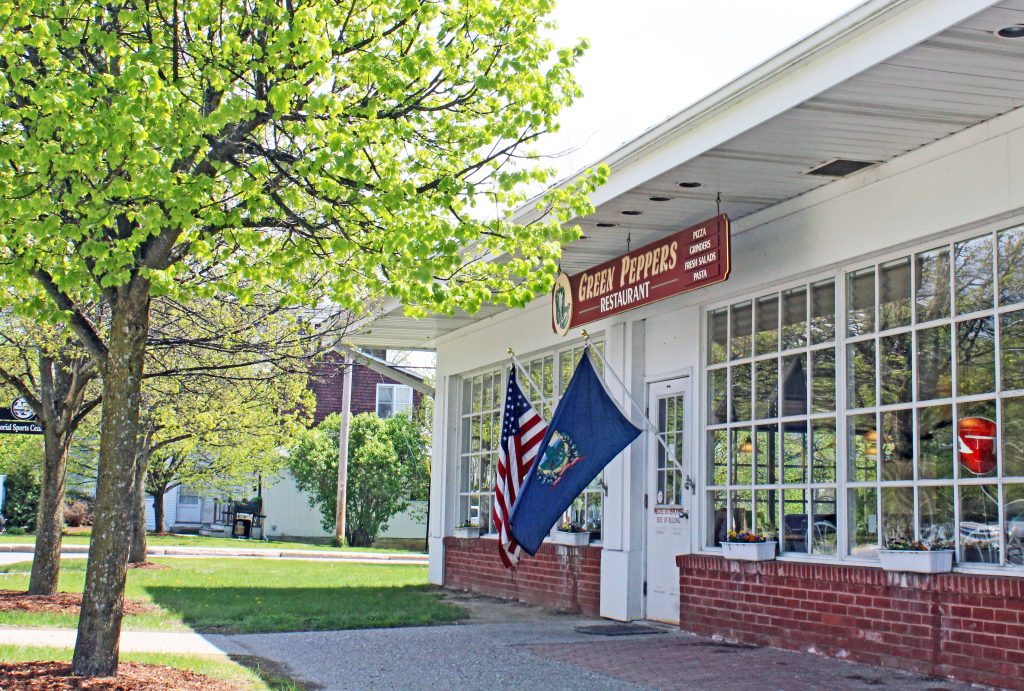
Spotlight on Aura Cacia
As Co-op Month continues, we’re casting our Member Deals Spotlight on cooperatively-owned Aura Cacia. All of their products are 20% off for member-owners from October 15-21.

As part of Frontier Co-op, Aura Cacia shares the same cooperative values that guide us here at the Co-op—care for people, care for the planet, and a commitment to doing business in a way that benefits both.
Aura Cacia believes in the power of positive change—both in personal well-being and in the world we share. Their essential oils, skin care oils, and aromatherapy products are made from simple, pure botanical ingredients that harness nature’s ability to support health and balance.
Every ingredient is carefully and sustainably sourced from growers around the globe. To ensure safety and integrity, every shipment of essential oil is tested to verify its purity and quality. From field to bottle, Aura Cacia’s process reflects a dedication to transparency and trust—so customers can feel confident about what they’re bringing into their homes and putting onto their skin.

A History Rooted in Purpose
Aura Cacia began in 1982 in Weaverville, California, when a small group of aromatherapy enthusiasts set out to share the benefits of essential oils. In 1993, the company joined Frontier Co-op, strengthening its connection to cooperative values and its commitment to ethical sourcing and sustainability.
Since then, Aura Cacia has continued to lead the way in aromatherapy—becoming the first brand to offer a full line of certified organic essential oils in 1995 and later moving its operations to Urbana, Iowa, near Frontier Co-op’s headquarters. Now, more than forty years later, Aura Cacia remains a trusted name in aromatherapy, rooted in purpose and inspired by possibility.
The Positive Change Project
Aura Cacia’s commitment to positive change extends far beyond their products. In 2016, they launched the Positive Change Project, a grant program that supports nonprofit organizations helping women and girls transform their lives.
Since its founding, the program has granted over $1 million to organizations that help women overcome barriers such as domestic violence, housing insecurity, and economic hardship. Past recipients include:
-
Climb Wyoming, which helps single mothers gain job skills and financial stability.
-
Calvary Women’s Services, providing trauma-informed healthcare, housing, and life skills education.
-
Resonance Center, supporting women impacted by the criminal justice system through counseling and mentorship.
-
Catherine McAuley Center, offering housing, mental health services, and community support for women rebuilding their lives.
Every Aura Cacia purchase helps fund these programs, and serves as small act of support for women striving for independence and well-being.

Discover and Create
Be sure to check out Aura Cacia’s impressive collection of recipes to unleash the full potential of their essential oils. Whether you’re looking for DIY recipes for facial care, body care, or home cleaning products, they’ve got something for you!









